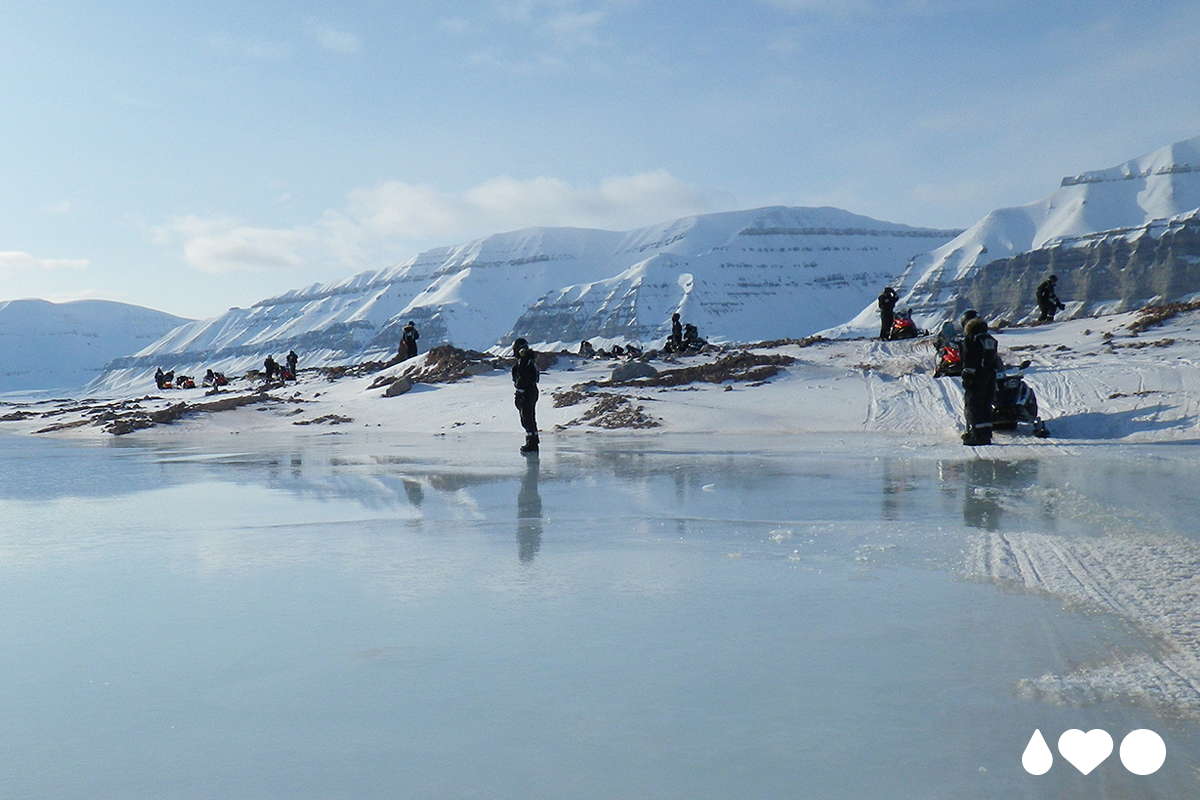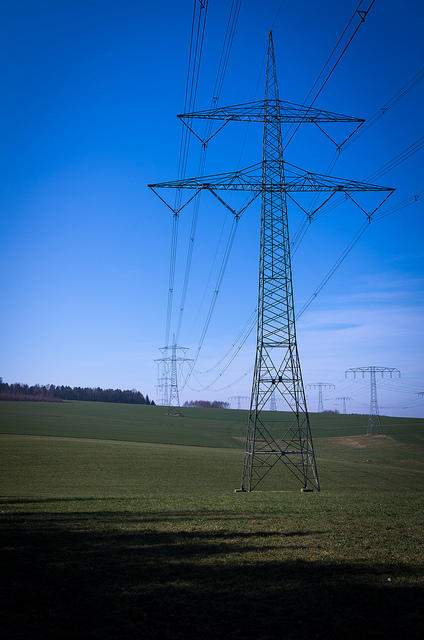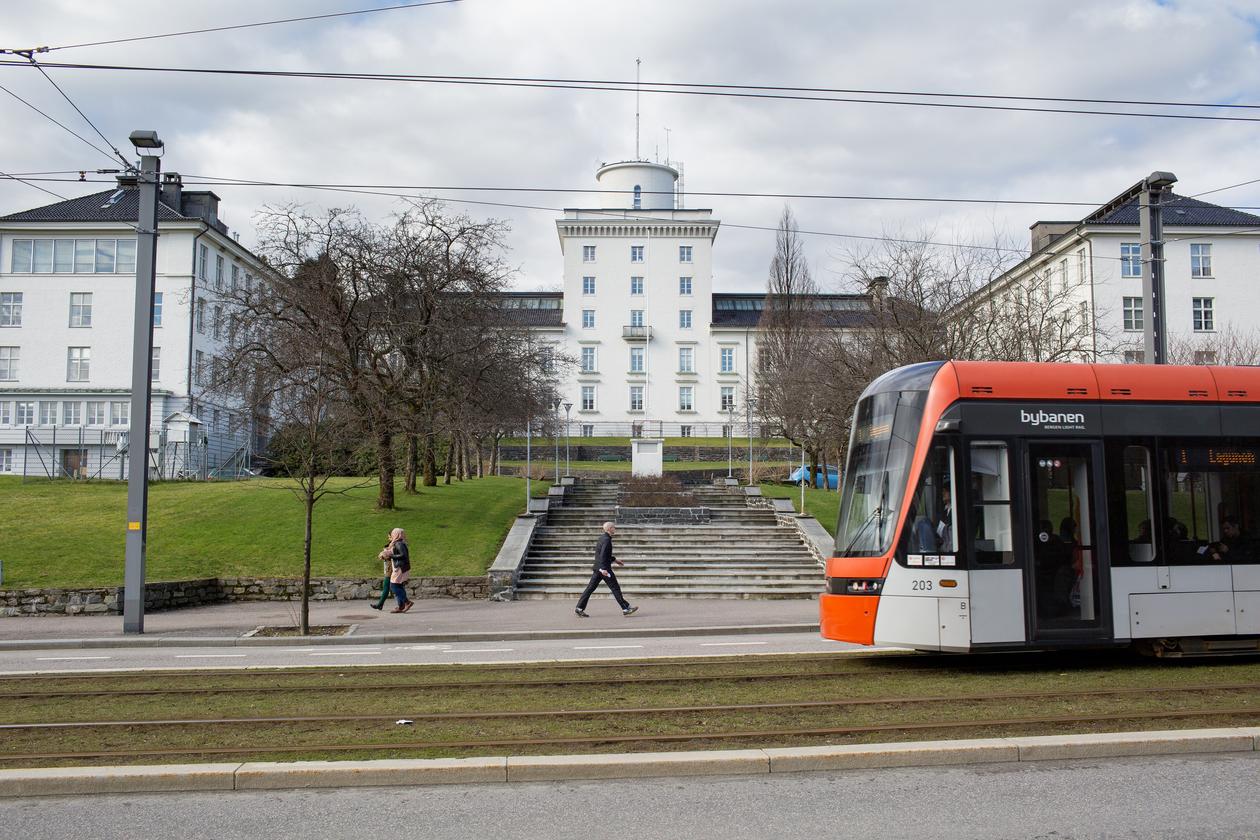Climate research
The University hosts a broad network of climate research and education. Sustainable growth and new technology is under way.
Hovedinnhold
The Bjerknes Centre
Engages more than 195 scientists from 37 countries, and is one of the largest climate research units in Europe. A central role in the Intergovernmental Panel on Climate Change (IPCC) Fourth Assessment Report (2007), including coordinating lead author, lead author, and several contributing authors. A collaboration on climate research, between the University of Bergen, Uni Research, the Institute of Marine Research, Nansen Environmental and Remote Sensing Centre.

Department of Earth Science (GEO)
The research activities are concentrated in thematic groups:
Geophysical Institute
Storms, ocean currents, raindrops, avalanches, heat waves and CO2 exchange, it all boils down to physics. At Geophysical Institute we explore the driving forces of nature. We do research and education in meteorology, oceanography and climate, within four research groups and one forum:
- Meteorology
- Physical oceanography
- Biogeochemistry
- Climate dynamics
- Energy Lab - Forum for renewable energy
Department of Physics and Technology
Has an extensive international collaboration including CERN and the European Space Agency (ESA). The department is also hosting one Centre of Excellence (SFF), is actively involved in one Centre for Research based Innovation (SFI), and is contributing to two research centres for environmental friendly Energy (FME):
Department of Mathematic
Our faculty members conduct research in a wide range of theoretical and applied mathematics, including statistics and computational mathematics.
- Porous Media group: Deals with basic challenges associated with solving the equations that describe flow and transport in porous media. These include the development of rigorous mathematical foundations for the empirical physical laws of fluid motion in porous media, numerical methods for solving the partial differential equations that arise, and characterisation of reservoir properties via inverse modelling based on the observed production history of a reservoir.
Professor Jan Martin Nordbotten explains:
CCS - carbon capture and storage
Centre for climate and energy transformation (CET)
The main focus of the centre is to develop and promote interdisciplinary research on strategies, means and crossroads for climate and energy transformation in society – pathways.



